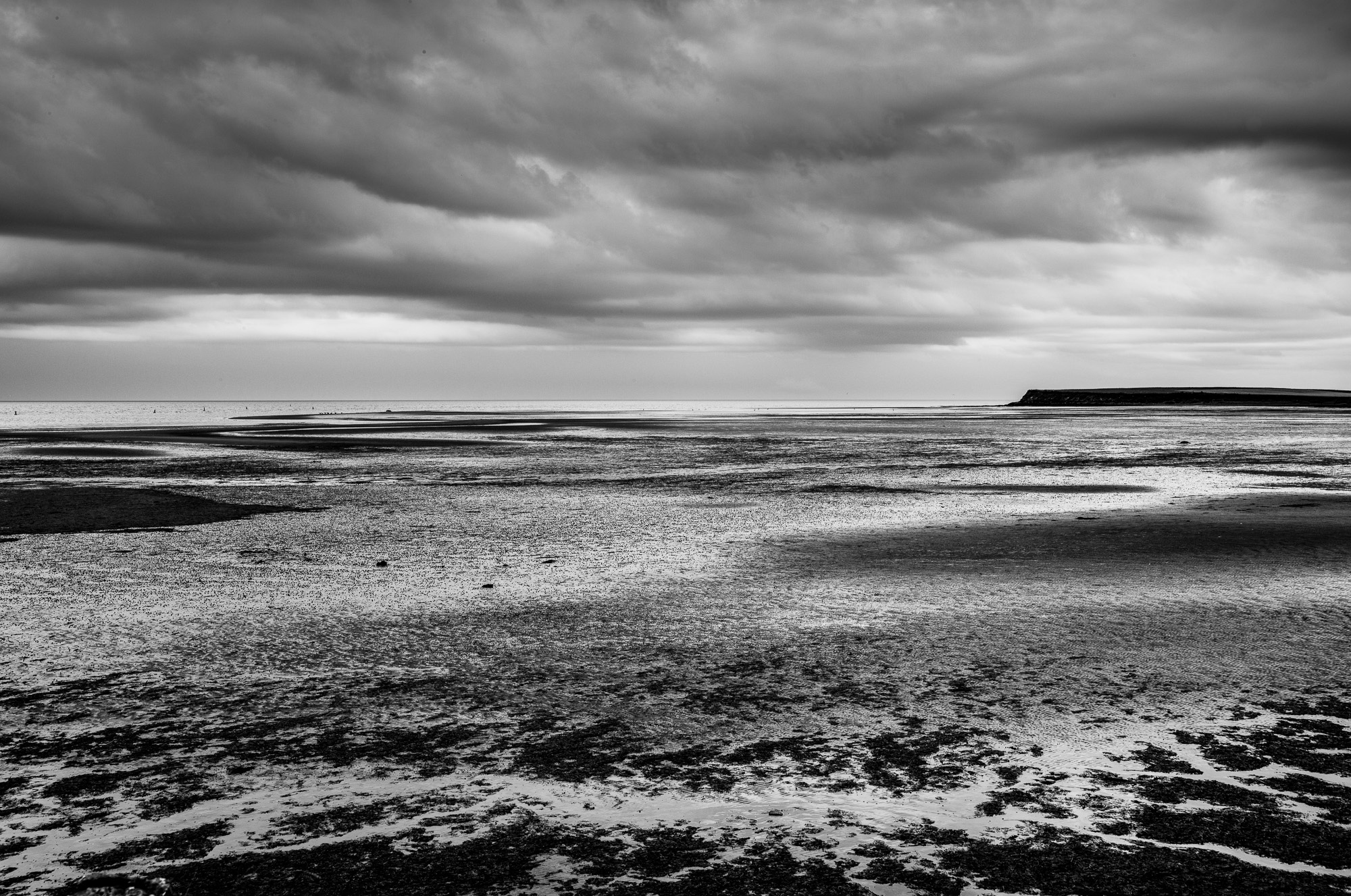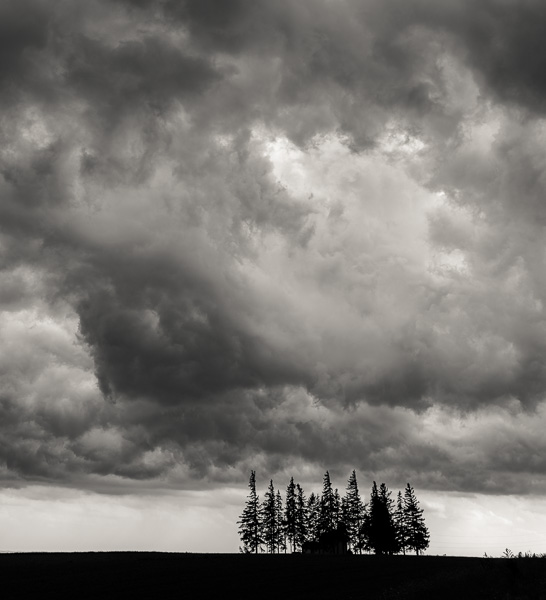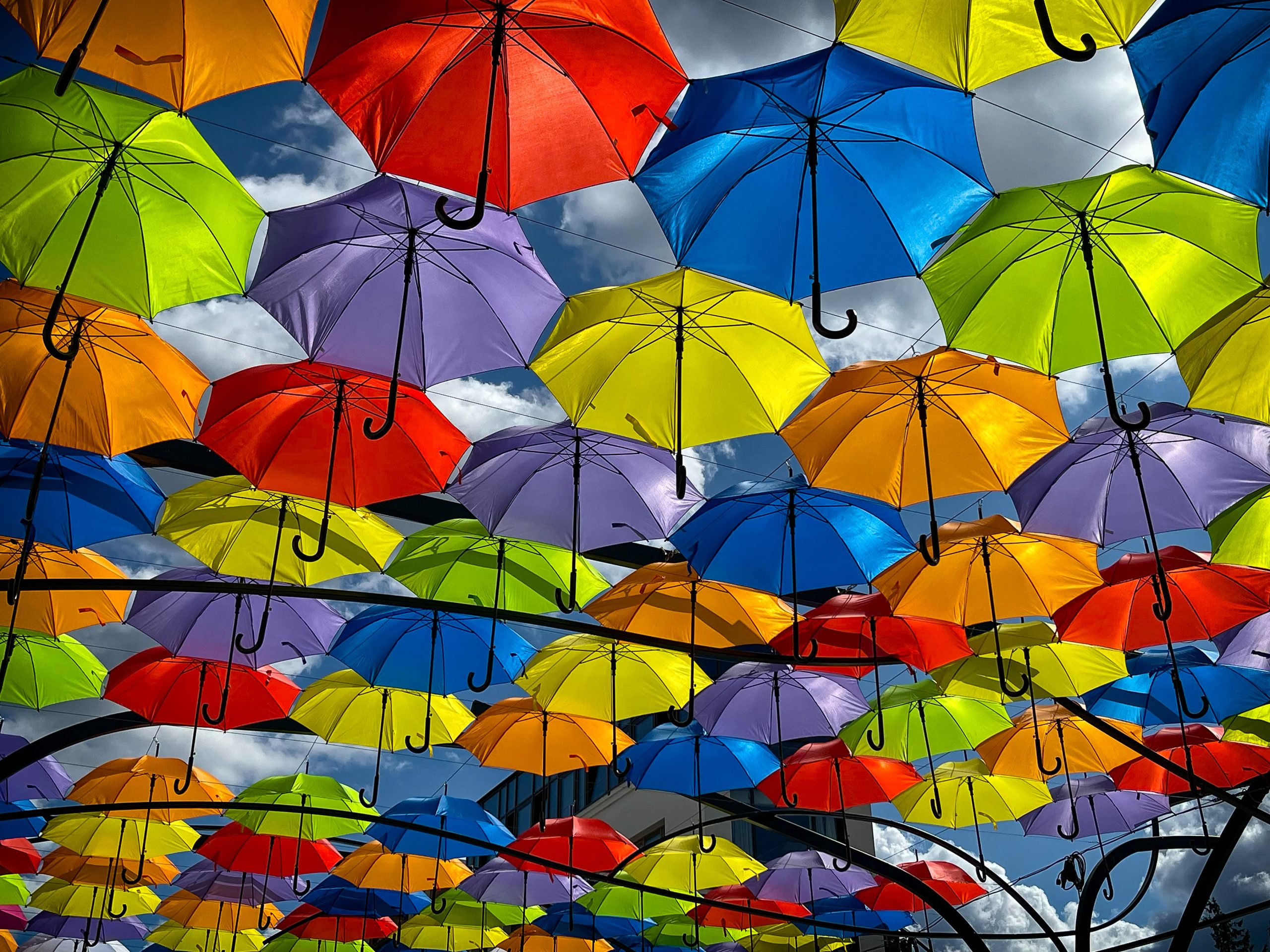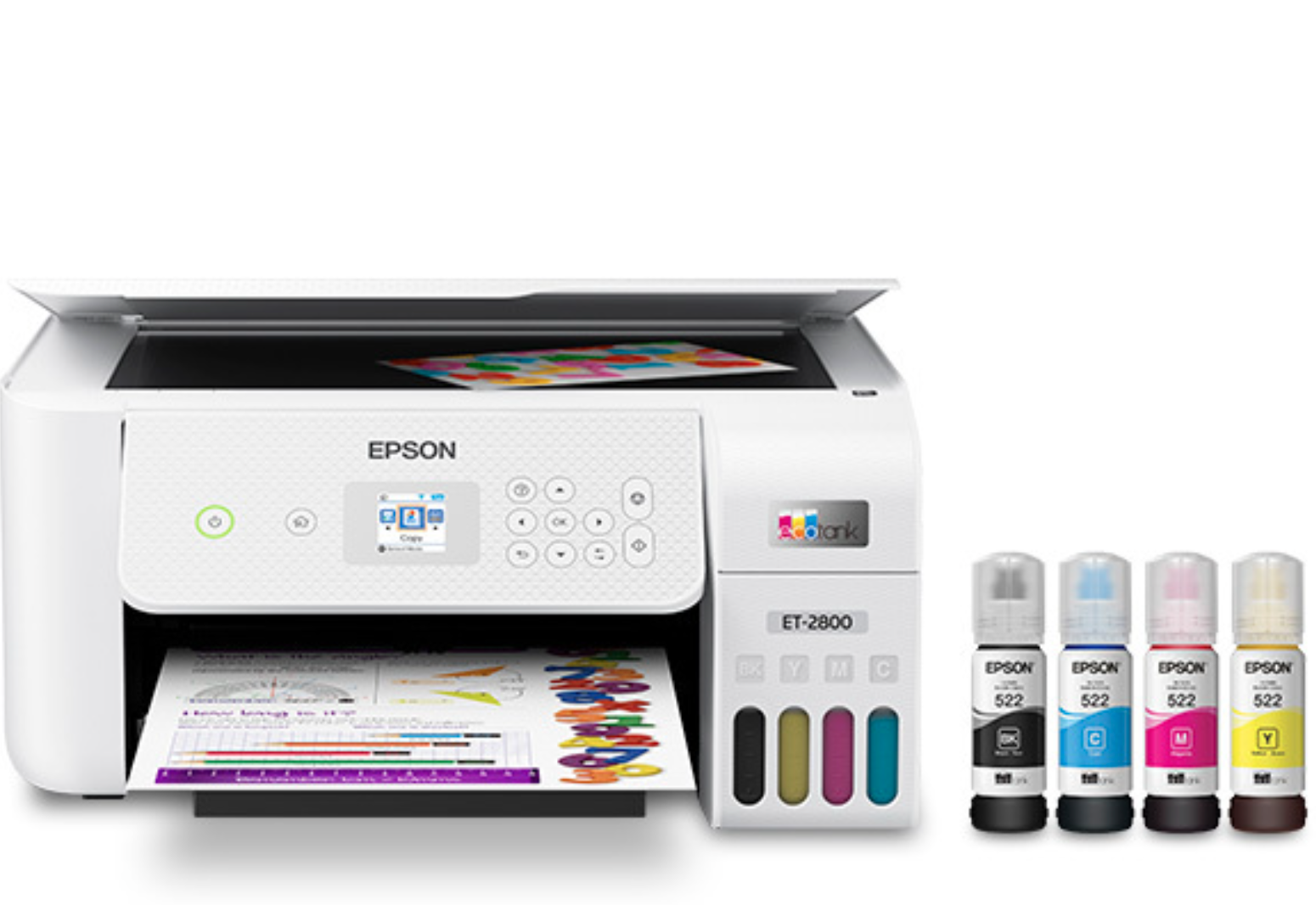

In landscape photography (and all genres), capturing the breathtaking beauty of our subjects and nature and displaying them with utmost precision has always been the goal. Thanks to continual advancements in printer technology, photographers now have the means to bring their vision to life with unparalleled detail, color accuracy, and image reproduction. This article delves into the evolution of ink and resolution technologies, highlighting the latest printer models to keep an eye out for in the years leading through 2023 into the new year.
Ink Advancements: Printing technology has witnessed remarkable progress in the formulation of inks specifically tailored for landscape photography (or any photography). Manufacturers such as Epson, Canon, and HP have pioneered the development of pigment-based inks that deliver exceptionally vibrant and long-lasting prints. These inks, consisting of tiny particles suspended in a liquid base, offer a wider colour gamut and superior fade resistance compared to their dye-based counterparts. Epson, renowned for their PrecisionCore technology, has arguably set a benchmark in the industry with their UltraChrome Pro inks.
Pigment-based inks now produce prints with remarkable colour accuracy, rendering even the subtlest of hues with precision and richness. Canon’s Lucia PRO inks, on the other hand, incorporate Chroma Optimizer to enhance gloss uniformity and reduce bronzing, resulting in an even smoother and more refined appearance.
Resolution Evolution: The evolution of printer resolution has been a game-changer for landscape photographers seeking to replicate the intricate details of their images. In the last 10+ years high-resolution, consumer level printers are capable of reproducing the minutest details, capturing the texture of every leaf, ripple in water, and mountain peak with breathtaking realism. Leading the way in resolution advancements, Epson’s SureColor P-Series printers have pushed the boundaries with their Precision Dot technology. These printers employ advanced algorithms to precisely control droplet placement, resulting in sharpness and fine detail that was once unimaginable.
Canon’s imagePROGRAF series and HP’s DesignJet Z-series printers have also upped the ante, offering rich color depth and an exceptional level of detail that brings landscapes to life. Latest Printer Models to Watch Out for: As we look forward to the coming years, several printer models are set to revolutionize landscape photography printing. Epson’s SureColor P900 and P700, successors to the highly acclaimed P800 and P600, promise improved color accuracy, wider color gamut, and deeper blacks. These compact printers utilize the latest generation of UltraChrome Pro inks, ensuring prints that are faithful to the original image.
Canon’s imagePROGRAF PRO-300, designed for professional photographers, delivers exquisite prints with its 10-color Lucia PRO pigment ink system. With excellent color reproduction and an upgraded grayscale mode, this printer caters to even the most discerning landscape photographer’s needs.
HP’s forthcoming DesignJet Z9+ will enhance the printing experience with its HDR (High Dynamic Range) printing technology. This printer boasts an extended color gamut, enabling photographers to reproduce a broader range of colors and achieve stunning vibrancy in their landscape prints.
The advancements in printer technology have transformed landscape photography printing, allowing photographers to showcase their vision and creativity with unmatched clarity and fidelity. With the evolution of pigment-based inks, printers offering higher resolution, and the arrival of innovative models from stalwart companies like Epson, Canon, and HP, the future of landscape photography printing is set to be even more awe-inspiring. As we eagerly await the release of the latest printer models through 2023 and into the new year, photographers can rest assured that their artistic endeavours will be represented in stunning detail, enabling viewers to immerse themselves in the vast and mesmerizing beauty of nature captured through their lenses, like never before.
The Ink Showdown: Pigment-based vs Dye-based Inks in 2023 Introduction:
When it comes to printing, choosing the right type of ink is crucial for achieving vibrant, long-lasting, and true-to-life prints. The battle between pigment-based and dye-based inks has been ongoing for years. In 2023, this battle reaches a pivotal point, as advancements in ink technology have sparked a renewed debate among photographers, artists, and creators.
This part of the article aims to explore the key differences and advantages between pigment-based and dye-based inks, providing decisive insights into which ink type reigns supreme. Pigment-based Inks: Unleashing the Power of Endurance and Precision Pigment-based inks have long been celebrated for their durability and exceptional color permanence. In 2023, pigment-based inks have seen significant advancements, making them nearly indistinguishable from traditional dye-based inks.
Manufacturers such as Epson, Canon, and HP have invested heavily in improving the formulation of pigment inks to meet the demands of the professional printing industry. With pigment-based inks, microscopic color particles are suspended in a liquid base, creating prints that are highly resistant to fading and environmental factors like UV rays and humidity. They provide a broader color gamut and exceptional precision, making them the preferred choice for artists and photographers who demand absolute accuracy when reproducing their creations.
Pigment-based inks excel in capturing fine details, intricate textures, and subtle tonal variations, ensuring prints that are faithful to the original image. Dye-based Inks: An Explosion of Vibrancy, But At What Cost? Dye-based inks have long been favored for their ability to produce vibrant, eye-catching prints. Emitting intense and saturated colors, dye-based inks provide an immediate “wow” factor, especially in applications like marketing materials or event promotions. They are a popular choice among casual photographers and users seeking prints for short-term use.
However, dye-based inks fall short in terms of longevity. Their colors are susceptible to fading, especially when exposed to sunlight or displayed in harsh environments. Unlike pigment-based inks, dye-based inks soak into the paper fibers, which can result in a loss of detail and reduced color accuracy. While advances have been made to improve the archival properties of dye-based inks, these efforts have not yet matched the resilience of their pigment-based counterparts. The Decisive Advantage: Pigment-based Inks Take the Lead In 2023, the scales tip heavily in favor of pigment-based inks, which have rightfully earned their place as the superior choice for professional printing and archival needs. The advancements in pigment-based ink technology have bridged the gap in vibrancy, bringing them on par with dye-based inks, while retaining their unparalleled longevity and precision.
Manufacturers like Epson, Canon, and HP continue to refine their pigment-based ink formulas, ensuring prints that remain vibrant and fade-resistant for years to come. These inks provide richer color saturation, a wide color gamut, and exceptional detail, making them ideal for demanding applications such as fine art printing, exhibition displays, and professional photography portfolios. Conclusion: As we step into 2023, the comparison between pigment-based and dye-based inks reveals a clear winner. Pigment-based inks shine as the go-to choice for professionals seeking outstanding print quality that withstands the test of time. With remarkable advancements in pigment-based ink formulations, industry-leading manufacturers are driving this ink technology to new heights, leaving dye-based inks in their wake. Whether you are an artist, photographer, or creative professional, embracing the power and precision of pigment-based inks will allow you to capture vibrant, true-to-life prints that stand strong against the relentless march of time.
Several printer brands offer pigment-based inks, each with their own range of models and technologies. Here are a few notable brands known for providing printers with pigment-based inks:
1. Epson: Epson is renowned for its professional-grade printers that utilize pigment-based inks. Their advanced MicroPiezo technology ensures precise droplet placement and exceptional color accuracy. The Epson SureColor P-series and SureColor Pro-series are popular choices among photographers and artists due to their superior image quality.
2. Canon: Canon is another well-established brand that offers pigment-based inks in their printer lineup. Their imagePROGRAF series, such as the PROGRAF PRO-1000 and PROGRAF PRO-300, utilize Canon’s LUCIA PRO pigment ink system, providing vibrant colors, excellent archival stability, and high-density black inks for exceptional detail reproduction.
3. HP: HP has also made significant strides in developing high-quality pigment-based inks. Their HP DesignJet line, like the DesignJet Z9+ series and DesignJet Z6 series, incorporates the HP Vivid Pigment Inks, delivering vivid colors, crisp lines, and impressive longevity for professional printing needs.
4. Brother: While Brother, not really a key player at all, primarily focuses on dye-based inks for their consumer printers, they do offer certain models with pigment-based inks. The Brother INKvestment Tank inkjet printers, such as the MFC-J995DW or the MFC-J5845DW, utilize pigment-based inks that offer increased durability and smudge resistance. It’s important to note that printer models within each brand might vary in terms of ink technology, so it is always advisable to check the specifications and product descriptions to ensure the desired ink type is available before making a purchase.
A closer look at Canon…
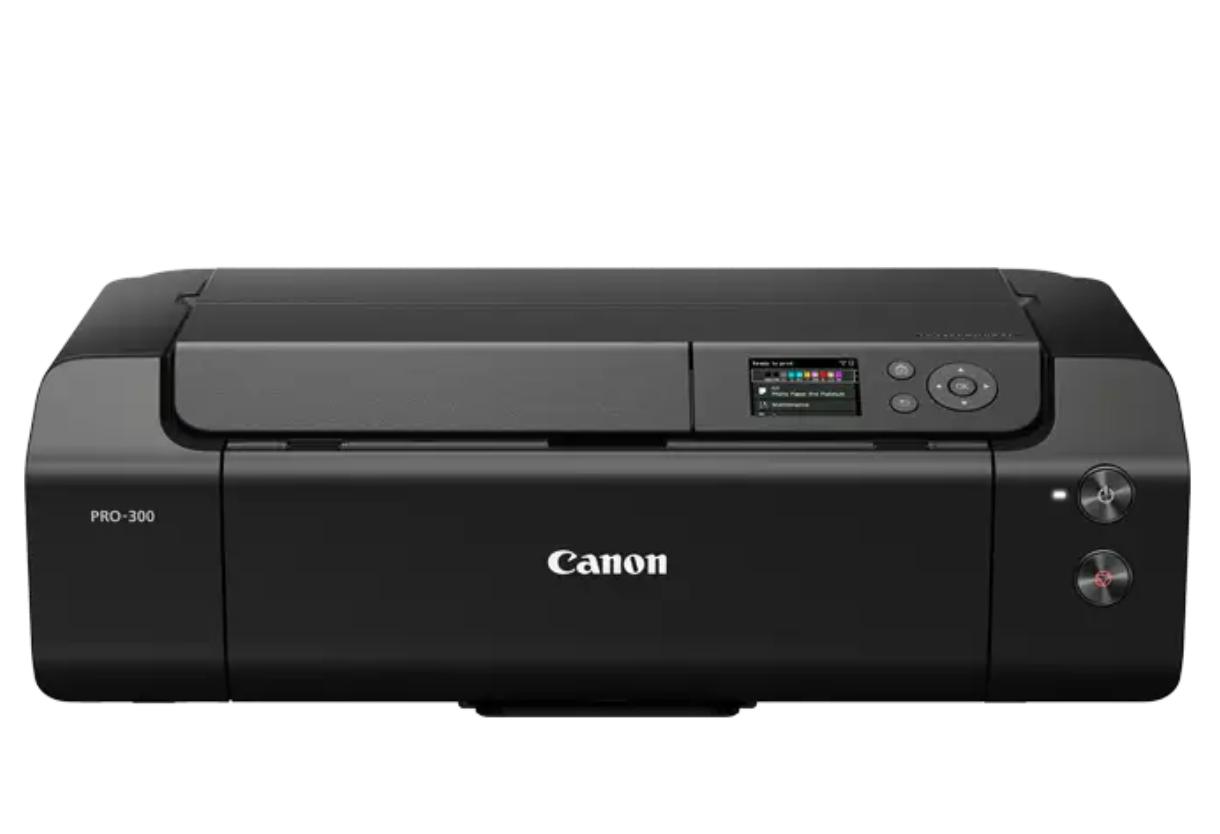

Canon’s LUCIA PRO pigment ink system is a highly advanced technology used in select Canon printers, primarily their imagePROGRAF series.
Here are some key features and benefits of Canon’s LUCIA PRO pigment ink system:
1. Color Accuracy: LUCIA PRO inks are designed to deliver exceptional color accuracy and reproduction. The 12-color ink set includes a wide range of colors, including RGB, gray, and photo gray inks, ensuring accurate and vibrant results.
2. High-Density Blacks: The LUCIA PRO pigment ink system includes dedicated black inks, such as matte black and photo black, which provide deep blacks and enhanced grayscale performance. This results in sharper text, fine details, and improved black and white photography.
3. Archival Quality: Canon’s LUCIA PRO inks are formulated to offer excellent archival stability, ensuring that prints resist fading and maintain their quality for an extended period. This makes them suitable for professional applications where long-term durability is required, such as gallery exhibitions or archival prints.
4. Smooth Gradations and Detail: LUCIA PRO inks utilize Canon’s FINE (Full-Photolithography Inkjet Nozzle Engineering) technology, which ensures precise droplet placement, resulting in smooth gradations, precise lines, and intricate details. This technology helps achieve impressive image quality with minimized graininess.
5. Water and Scratch Resistance: LUCIA PRO inks are designed to provide enhanced durability. They offer resistance to water, so prints can withstand some moisture exposure without smudging or running. Additionally, the prints are also resistant to scratches and scuffs, making them suitable for handling and display.
6. Wide Color Gamut: The LUCIA PRO ink set boasts a wide color gamut, allowing for accurate reproduction of intricate hues and subtle color variations. This is particularly beneficial for photographers, graphic designers, and artists who require precise color representation in their work. Canon’s LUCIA PRO pigment ink system is highly regarded among professionals for its exceptional performance, color accuracy, and durability. It is widely used in Canon’s imagePROGRAF series, which consists of large-format printers aimed at photographers, fine artists, and other creative professionals who demand high-quality output.
Josh Reichmann / Staff
October 2023









